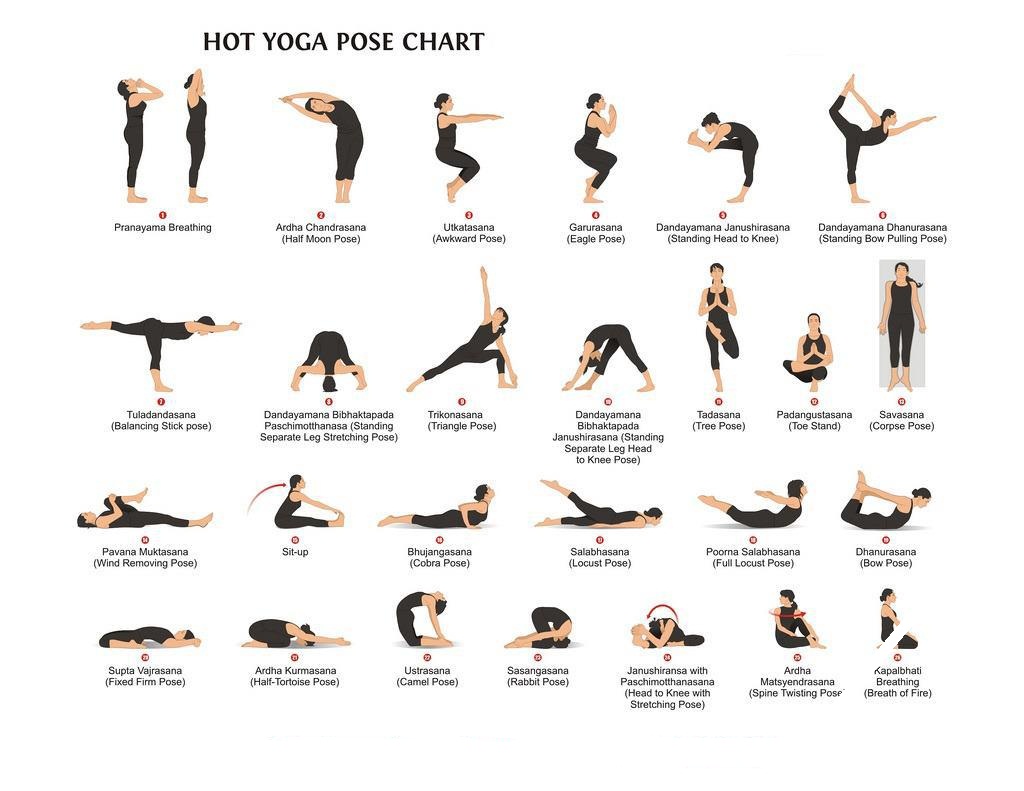Don’t Make These 6 Decluttering Mistakes
People love to tell me their decluttering stories, especially after a break or a holiday of some sort. One of the things I often hear is how daunting it felt as they filled several bin bags of clothes or...


People love to tell me their decluttering stories, especially after a break or a holiday of some sort. One of the things I often hear is how daunting it felt as they filled several bin bags of clothes or their children’s old toys, but then I see their eyes light up when they talk about their newly revealed space.
But decluttering doesn’t have to be such a daunting and exhausting experience. When done the right way, it can even be fun! Now, when I say ‘the right way’ I’m not about to preach to you about the one and only method of decluttering that you should be following.
There is no one right way; only the way that suits you.
There are several methods of decluttering but the way that motivates you will depend on your lifestyle, your personal time constraints, and how your brain is wired.
Here are 6 traps that will end your decluttering efforts if you fall into them:
Dealing with sentimental stuff first
Decluttering is like building muscle. If you went to the gym and tried to lift the heaviest weights straight away, you would almost certainly fail. And even if you didn’t fail, you would risk serious injury and would think how exhausting and hard it was. Would you be likely to try again? Probably not.
So you start with the easy stuff first. Sentimental items are like lifting those 800lb weights – you deal with it last due to the emotional strength and decision-making skills needed.
Falling into the ‘one day’ trap
Trust me, that one day never comes. One day is just fear in disguise. Fear of regret. Fear of making the wrong choice. Fear of not having enough.
Trying to emulate an influencer’s decluttering session that doesn’t suit you
There’s no end to the decluttering advice out there, and a great amount of Youtubers and authors. Follow the ones that inspire and motivate you and who are non-judgemental.
Not blocking out time
As Zig Ziglar once said, ‘If you don’t plan your time, somebody else will help you waste it’. Something will happen or somebody will want your attention. Block that time like you would an important appointment, and treat it as such. No social meetups, no house chores, no distractions (unless a real emergency pops up of course). The trick is understanding the difference between a real emergency, and what feels like an emergency but is just procrastination in disguise. If you’re naturally a people pleaser, you’ll also have to work on setting boundaries and saying ‘no’.
Tricked by the fantasy self
That guitar for the musical prodigy you will be when you finally get the time to practice; it’s been 5 years. Those suits for when you attend those fancy dinners and meetings; you’ve been twice in 3 years.
The fantasy self is the ideal version of ourselves that we imagine. While it’s not impossible to become that ideal version, it’s most important to honor who you are right now. A new instrument won’t make you into the performer you imagine, a growing library of books won’t automatically make you into a voracious reader, and holding onto those bags of yarn won’t make you into a master knitter. Psychologist Carl Rogers once said, “The curious paradox is that when I accept myself just as I am, then I can change.”
Holding onto who you could be rather than who you really are can actually hold you back. Not to mention clutter your home.
Trying to do too much at once
Going at the clutter like a charged bull can lead to exhaustion and seeing the event as a negative experience with unattainable results. Remember when I spoke about building those muscles? You also need to learn how your mind works best.
For example, someone with ADHD might need to declutter in a different way to a neurotypical person. A hoarder who has trauma or needs help building organizational skills will probably need to work in small chunks alongside a professional or therapist. A worn out parent might only be able to manage ten minutes on a Sunday.
Going against your personal abilities and circumstances will lead to burnout and a sense of defeat. You will feel unable to achieve the results you envision. That being said, it’s vital to have a ‘can do’ mindset. If you really feel like you can’t, perhaps all you need is to change your approach.
I promise that when you get there (which you definitely will) your eyes will light up too and you will wonder why you didn’t start sooner.
***
About the Author: Emma Jayne a minimalist mother of two who lives in the UK. She loves writing and hiding with a good book. Read more at greencloverminimalism.com

 Tfoso
Tfoso 































